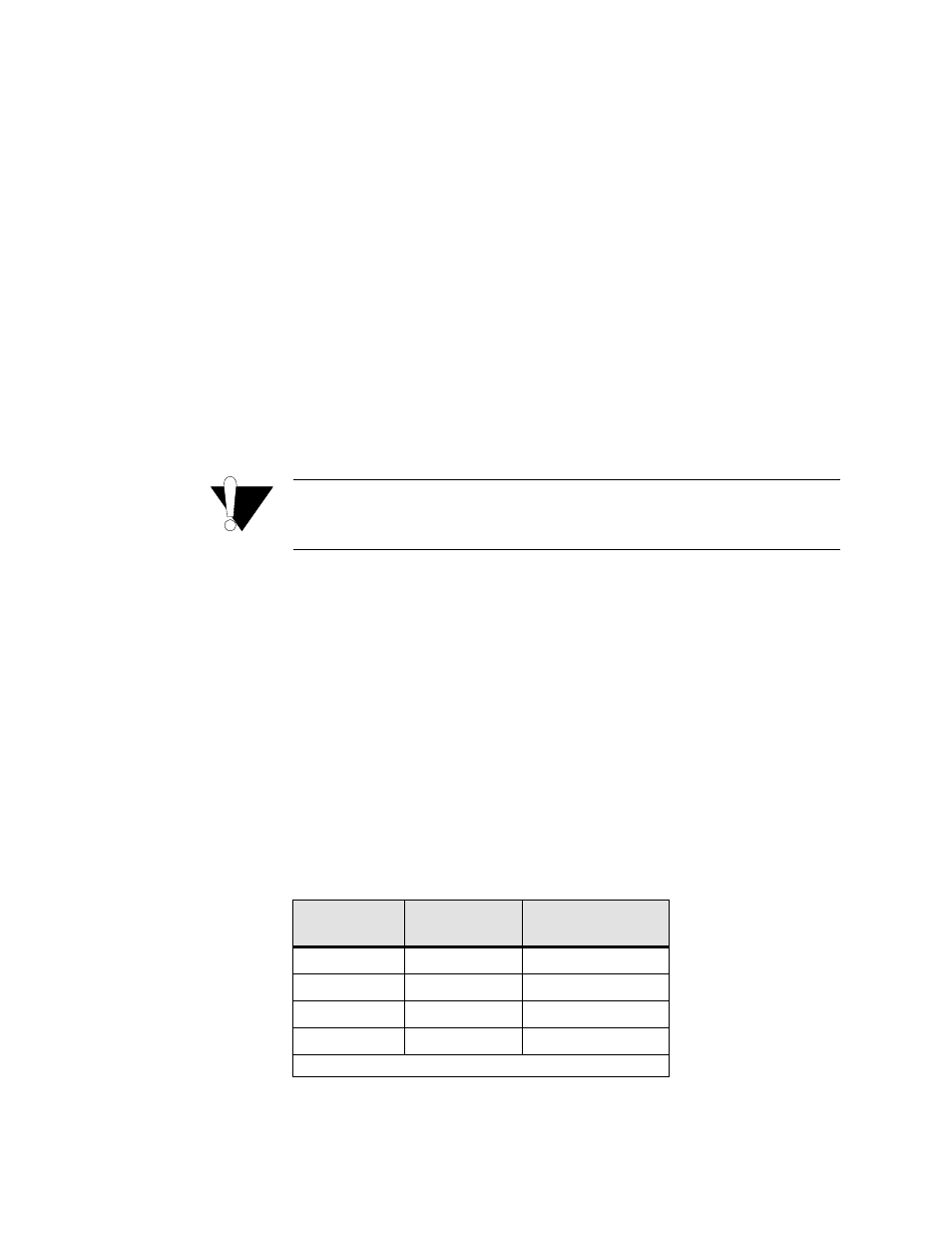Ethernet led indicators, Serial (data) interfaces, Network interfaces – Verilink WANsuite 5165 (34-00301.H) Product Manual User Manual
Page 24: Ethernet led indicators -10

1-10
W A N s u i t e 5 1 6 5
Ethernet LED Indicators
There are two unlabeled indicator LEDs on either side of the 10/100 Ethernet
jack. The LED on the left side of the jack pulses amber to indicate data
activity (either transmit or receive). The LED on the right side of the jack
lights green to indicate that the link layer is operational.
Serial (Data) Interfaces
The two
SERIAL
interfaces (labeled
DATA 1
and
DATA 2
) located on the rear
of the unit are multi-protocol interfaces presented physically as DB-25
connections. The protocols supported by these interfaces are RS-232,
EIA-530, and V.35.
Optional cables that adapt the DB-25 interface to the 34-pin V.35 interface
are available. These cables are listed under Optional Equipment on page A-6
of Appendix A. DB-25 to DB-25 cables also are available if your installation
needs require them. See Ordering Information on page A-6 for details. Pin
assignments for the serial interface are listed in Appendix A, Specifications.
CAUTION:
FCC rules require that interconnecting cables carrying high-speed
data be shielded appropriately in order to minimize radio frequency
interference.
Network Interfaces
Labeled on the rear panel of the WANsuite 5165 as
NET 1 and NET 2
,
the
Network interfaces’ connections are standard RJ-48C, 8 -pin modular jacks
that contain an automatic line build out (ALBO). This ALBO allows the unit
to be located a substantial distance away from the telco Network interface
with a receive signal level to
−
27 dB. These interfaces operate in either
long-haul or short-haul mode. To view their pinout assignments, refer to
Network 1 Interface Pin Assignments or Network 2 Interface Pin Assignments
on page A-9.
The Network interface transmit LBO level should be set as instructed in Line
Build-Out (Long Haul) on page 3-6. Maximum suggested cable lengths for the
connection from the unit to the network are listed in the table below.
Calculations are based on a cable temperature of 70
°
F, 0.083
µ
F/ mile
capacitance, a 27-dB loss, and a 100-
Ω
, non-loaded, twisted-pair cable.
Cable Type
Loss per 1000 ft
(dB)
Max Cable Length
(ft)
26-gauge PIC
6.8
4,400
24-gauge PIC
5.4
5,500
22-gauge PIC
4.2
7,100
19-gauge PIC
3.0
10,000
(PIC - Plastic Insulated Cable)